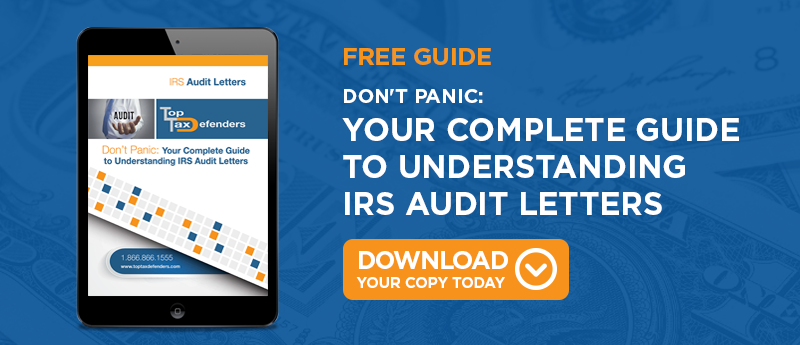
When you make a late tax payment to the IRS, you might not think that doing so could damage your credit. In some cases, though, remitting a tax payment after the deadline could endanger your credit score. This could be a particular issue if you are subject to an income tax lien or if you have to use a high-interest credit card to pay your balance. Here's a look at how paying your taxes late could affect your credit score.
How Late Tax Payments Affect Your Credit
There are several ways that late tax payments could impact your credit score. For example, if you have a seriously delinquent account with the IRS, you could become subject to a tax lien. In addition, you may incur additional penalties and interest, which will increase the amount you owe.
If you owe a large tax balance to the IRS, you could lose the ability to pay your other bills. Using a credit card to pay your tax bill could cause even more trouble, since it increases the total debt on your card and reduces your available credit.
How Tax Liens Affect Your Credit
In general, the IRS imposes a tax lien if you owe more than $10,000 and you don't make an attempt to pay it for 30 days or more. Once the lien is imposed, your credit score can take a 100-point hit immediately. A tax lien stays on your credit report for years and, unlike other debts, you won't be able to get rid of it through bankruptcy. Even if you're able to clear up your finances, the lien could make it harder for you to get a loan with a new institution.
Avoiding a Tax Lien
The best way to avoid a tax lien and protect your credit is to use an IRS installment plan. This arrangement allows you to make payments each month instead of having to come up with the money for a lump-sum payment. If you can pay the total debt off within four months, you may be able to get a pass on the installment arrangement fees. To establish the plan, you'll have to complete an application for the installment via the IRS website.
Owing back tax payments to the IRS can put a serious strain on your finances, but it could also affect your credit. To keep your credit score in good shape, make your payments on time, take advantage of the installment plan and avoid incurring interest and penalties. With these tips, you can keep your credit score and your standing with the IRS safe!




